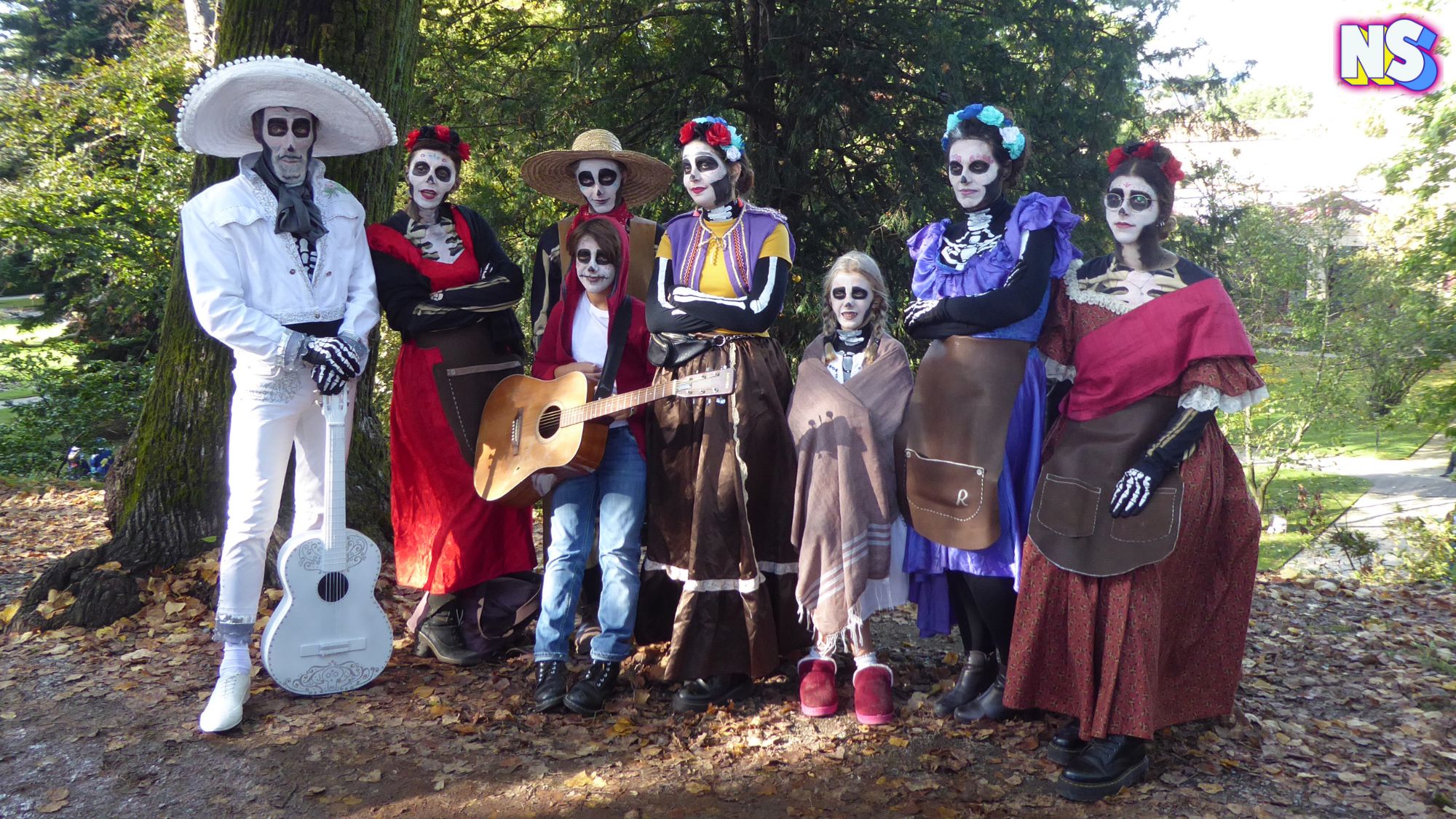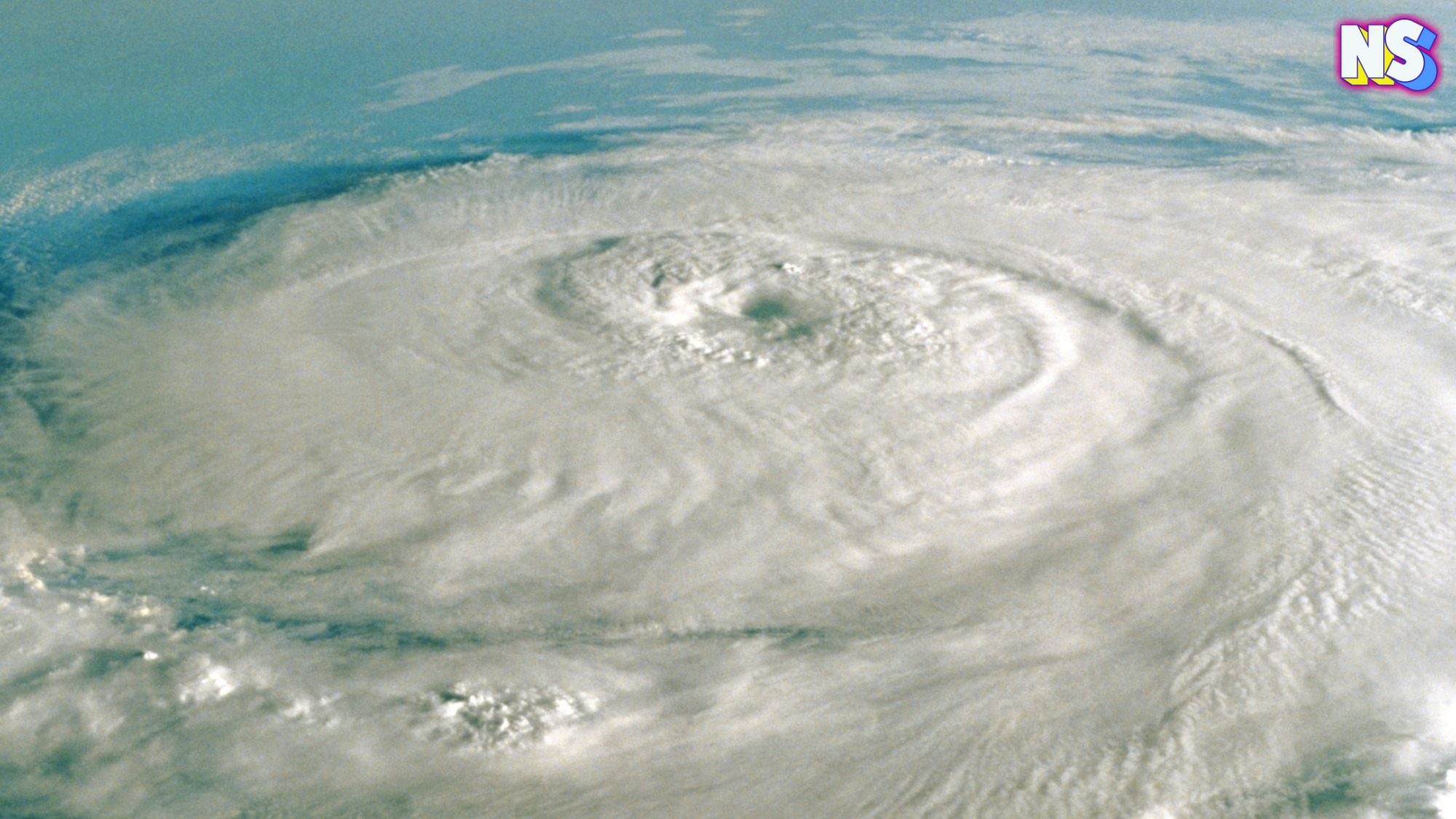In the heart of northern Mexico's Coahuila State, a Juneteenth celebration takes place in the small village of Nacimiento de los Negros. This community, at the base of the Sierra Madre range, is a symbol of resilience and cultural preservation for the Mascogos, the descendants of Black Seminoles originally from Florida. They sought refuge from the oppressive antebellum Southern United States and found solace in Mexico. Now, they also offer solidarity to their Northern neighbors. Nacimiento de los Negros is the Mexican village that has been celebrating Juneteenth for years.
Nacimiento de los Negros Celebrates Juneteenth
Nacimiento de los Negros, meaning "Birth of the Black People," is an unlikely but meaningful location for the Mascogos. According to Texas Monthly, this village served as a sanctuary for the Mascogos, allowing them to preserve their Black heritage while forging new connections in a foreign land. The Mascogos' settlement in Nacimiento de los Negros dates back to 1852, and to this day, their remarkable journey and enduring cultural traditions continue to captivate visitors.
The challenges faced by the Mascogos extend beyond their initial escape from oppression. In a country with a population of approximately 130 million, where 1.3 million identify as Afro-descendants, the Mascogos are heavily outnumbered. Yet, they remain steadfast in their commitment to preserving their culture and traditions.
Despite the passage of time and the influence of modern society, the Mascogos of Nacimiento de los Negros have successfully passed down their ancestral customs from generation to generation, ensuring their rich legacy endures.
Read more: ‘La Rebelión,’ a Salsa Song About Love and Freedom
Juneteenth Celebrations in Nacimiento de los Negros
Juneteenth holds profound significance for the Mascogos and the Afro-descendant community in Mexico. Known as the United States’ “second independence day,” Juneteenth commemorates the emancipation of slaves in the United States.
"The abolition of slavery in the United States was on January 1, 1863," AJ+ Español explains. "However, slaveholders did not enforce the order until June 19, 1865. It was not until 2021, after the murder of George Floyd and the pressure exerted by the Black Lives Matter movement, that Juneteenth entered official history by being declared a national holiday."
In Nacimiento de los Negros, this date includes celebrations eating traditional Afro-Seminole foods, lively norteño music dances, and the practice of capeyuye — an artful rendition of hand-clapped hymnals sung by enslaved people who journeyed the southern Underground Railroad to freedom.
Nacimiento de los Negros serves as a beacon of hope and inspiration, showcasing the Mascogos' determination to safeguard their cultural heritage. This remote Afro-Mexican village represents a unique space where the Mascogos have preserved their roots, customs, and connection to their Black lineage.
"All of this evokes nostalgia for those who are no longer with us and love for what we try to continue conserving, preserving, and rescuing. Being Black is not a skin color; it is my legacy," a Juneteenth attendee, and Afro-Seminole, told AJ+ Español.





